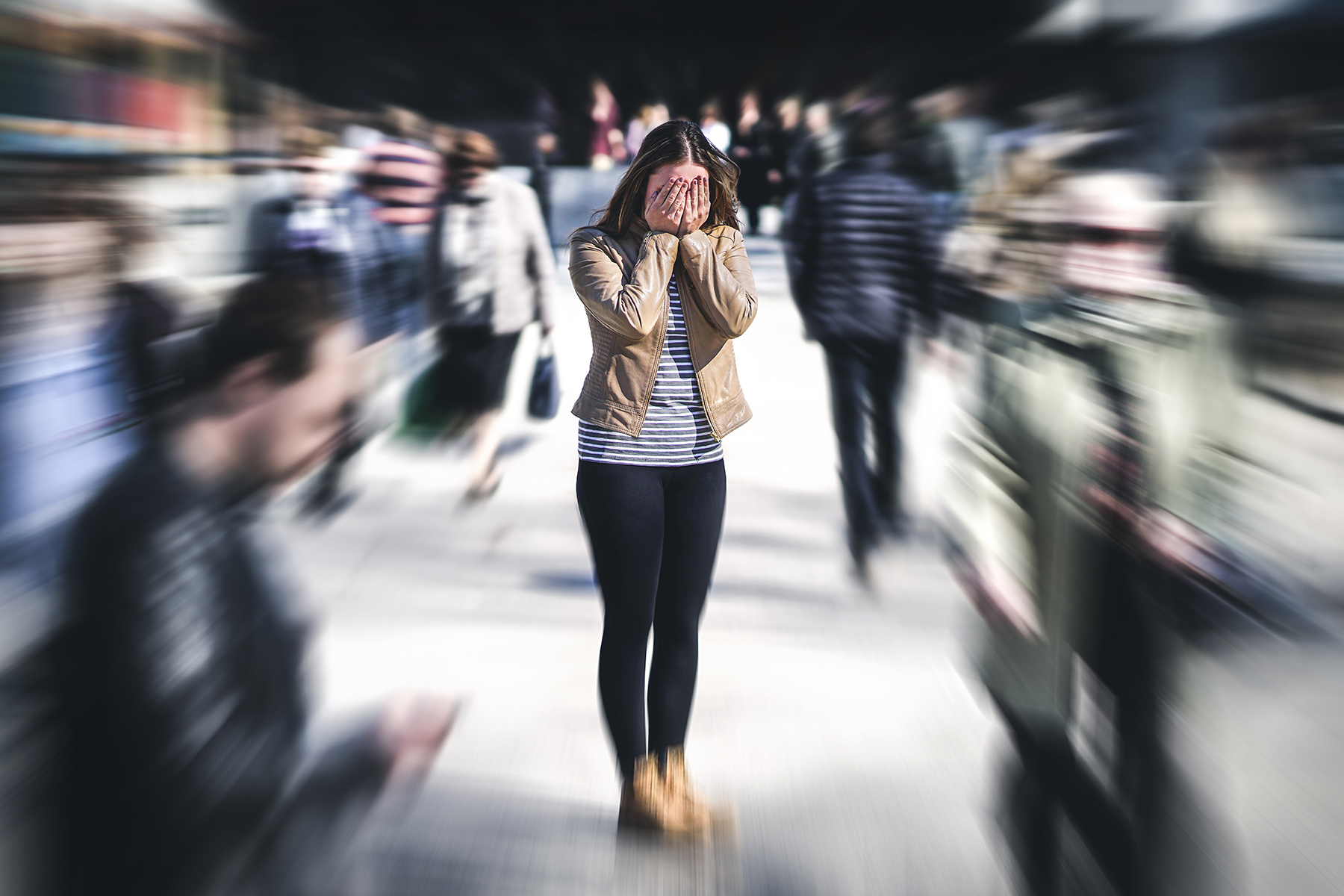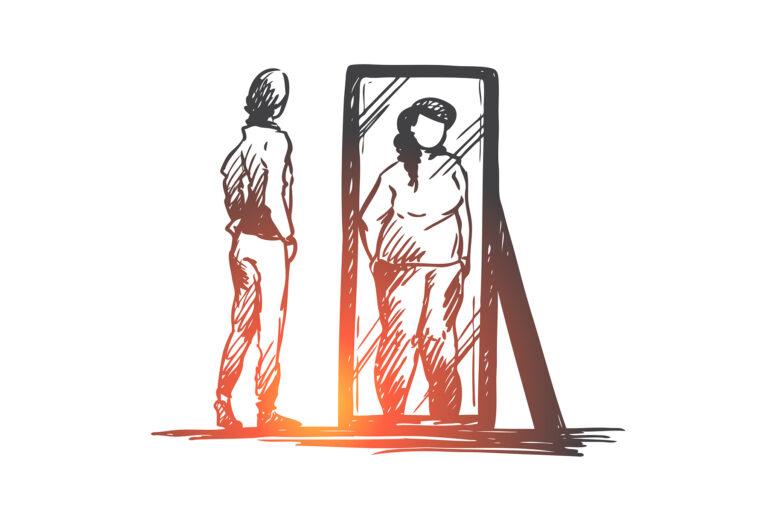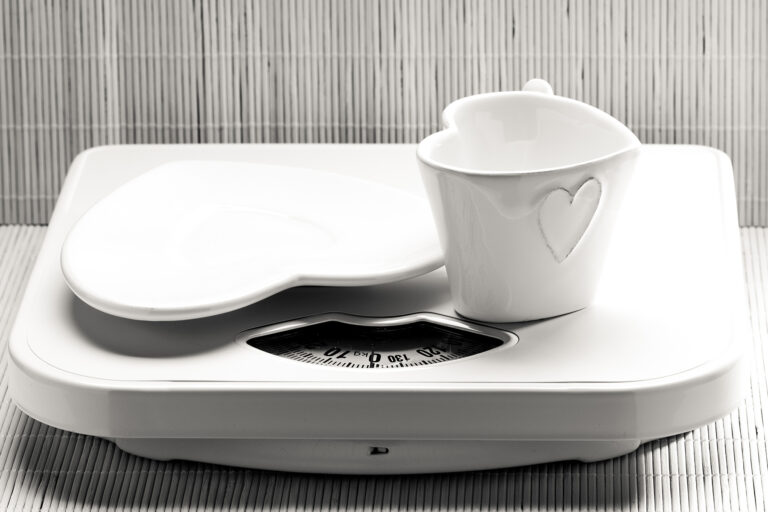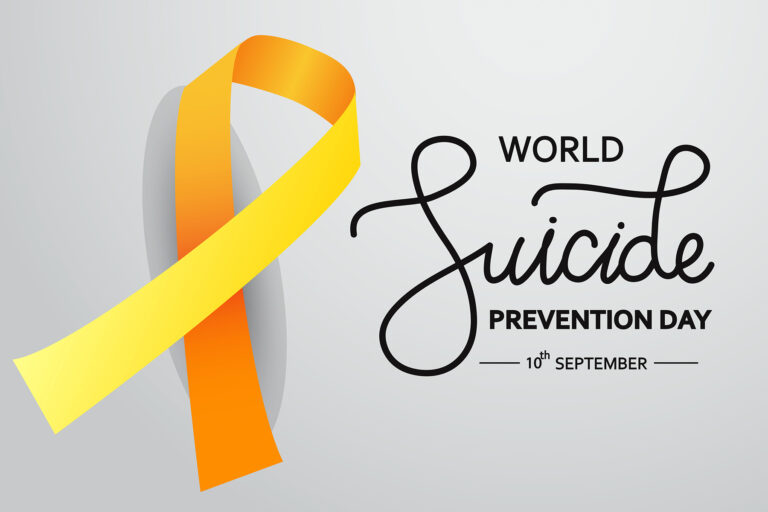Over 300 million people in the world suffer from an anxiety disorder, according to the WHO. This equates to around 4% of the global population and makes anxiety disorders the most common mental health disorder. At our luxury rehabilitation centre in Spain, we’re concerned with anxiety disorders, due to the number of our clients that suffer from them, along with other mental health issues.
There is strong link between anxiety disorders and addiction, as many suffers will turn to alcohol or drugs to manage their anxiety and self-medicate. Sadly, this often leads to addiction and a worsening of the anxiety itself, and is definitely not the answer.
In this article we’ll dig a little deeper into anxiety, offer tips on managing it yourself, the treatment options available and why drinking or drug taking should not be combined with an existing anxiety disorder.
What is an anxiety disorder?
It’s important to differentiate the normal feelings of anxiety that we all get from time to time, and anxiety disorders. Whereas having anxiety about work, school, health or world events is normal, on an occasional basis, with an anxiety disorder, this feeling rarely goes away.
As the National Institute of Mental Health explains; “anxiety disorders involve more than temporary worry or fear. For people with an anxiety disorder, the anxiety does not go away and can get worse over time. The symptoms can interfere with daily activities such as job performance, schoolwork, and relationships.”
The NHS have a great list of symptoms of anxiety. They explain that sufferers may experience physical symptoms including an irregular heartbeat, chest pains, sweating and shaking. There are also mental symptoms such as feeling tense or nervous, being unable to relax, a constant feeling of worry and fear. These disorders also often cause issues with trying new things, or going out, making sufferers avoid places and situations that create anxiety and triggering compulsive behaviour.
What kinds of anxiety disorders are there?
Not all anxiety disorders are the same, although many will share the symptoms listed above.
They include –
- Generalised anxiety disorder
- Agoraphobia
- Panic disorder
- Phobias
- Social anxiety disorder
- Selective mutism
Rising anxiety
For many the world feels a scary place and the pandemic really spiked anxiety levels. Since the pandemic, the global conflicts in the news and the rise of gun and knife violence have continued to fuel anxiety.
Unfortunately, anxiety is on the rise across the world. The American Psychiatric Association’s annual mental health poll revealed that U.S. adults are feeling increasingly anxious. In 2024, 43% of adults say they feel more anxious than they did the previous year, up from 37% in 2023 and 32% in 2022.
High levels of anxiety and anxiety disorders can really impact your daily life and in severe cases can be debilitating. However, there is excellent support available to help overcome and manage anxiety, from therapy, counselling and complementary therapies, to medication.
Who suffers from anxiety?
If you are suffering from anxiety, you are not alone, in fact it’s more common than you might think.
Anxiety disorders are more common in young people between 16 and 29 and in women. Estimates are that over 8 million people in the UK alone are experiencing an anxiety disorder and that in any given week in England, 6 in 100 people will be diagnosed with generalised anxiety disorder.
Unfortunately, many of those people do not access treatment, often turning to drugs or alcohol to self-medicate and dampen down their feelings of anxiety.
How to reduce anxiety
If you’re feeling anxious, or suffering from anxiety, there are lots of things you can do to reduce your feelings of panic or fear and lessen physical symptoms.
These include pausing and asking yourself whether your anxiety is stemming from something that is likely to happen, and if you have good reasons to think that something is going to go wrong. Taking a moment to question your worries and giving yourself a reality check, can stop things escalating and give you relief.
Remind yourself you are safe and take deep breaths to steady your nerves. There are calming breathing exercises that you can try when you’re feeling tense or worried, as well as meditations including breathing exercises to calm the mind.
Exercise to burn off nervous energy and release tension. Do anything you enjoy and which makes you feel better. Yoga can be especially beneficial, as it involves breathing exercises and stretches and exercises which help to release tightness or tension you may be holding in your body, as well as calm the mind.
Try talking to someone, or listening to mental wellbeing audio guides and reading books about dealing with anxiety. This will help you to get a better understanding of what you’re feeling and get ideas and tips on how to manage those feelings and not let them hold you back.
Here are some good articles to read to get some more advice and techniques.
WebMD – Ways to reduce anxiety
Healthline – How to calm anxiety
Very Well Mind – 9 things to do if you feel anxious
What can trigger anxiety
We are all triggered to some extent by stressful situations and issues with our health, job, or personal life. However, in addition to the normal stresses and strains we’re all experiencing, there are particular things we can eat, drink, take or do that can be particularly triggering.
These include –
- Medications such as birth control pills, weight loss medications and even cough and cold medications
- Caffeine in coffee or energy drinks
- Letting your blood sugar drop through not eating regularly or skipping meals
- Drinking alcohol or taking drugs
We’ve seen a strong correlation between drinking heavily or taking drugs and anxiety. In many cases, people have come into our rehabilitation centre taking medication for anxiety, but once they have been clean and sober for a while and had therapy to discuss their underlying issues and past trauma, they no longer require the medication.
Please be mindful of using alcohol or drugs to manage your feelings of anxiety, as it could actually be making your symptoms worse.
What help is out there for Anxiety Disorders?
Although it’s estimated that less than 50% of people with anxiety get treatment, there are many effective treatment options out there to try. Talking therapies and CBT work very well and there are also medications you can take. These include antidepressants known as SSRIs or SNRIs, pregabalin and benzodiazepine. However, please take care with benzodiazepine in particular, as it is addictive.
You can find out more about treatment for generalised anxiety disorders on the NHS website.
Here at The Bridge, we offer anxiety disorder treatment for people, even if they are not also suffering from an addiction. We also very often treat both addiction and anxiety hand in hand. Our approach is bespoke, but includes a combination of individual and group therapy, psychotherapy, cognitive behavioural therapy and trauma therapy from qualified therapists and experienced specialists.
You can choose to stay at our inpatient rehabilitation centre in Andalusia if you want the security of round the clock support and a safe space to recover and improve your emotional and physical strength while undergoing therapy. Alternatively, you can try our dayhab, or online therapy, if you prefer to incorporate our support into your daily life.
You don’t have to live with crippling anxiety, there are therapies and tools out there to allow you to live a fuller life than you could even imagine and we’re here to help.
Please reach out to find out more about how we can help you.




